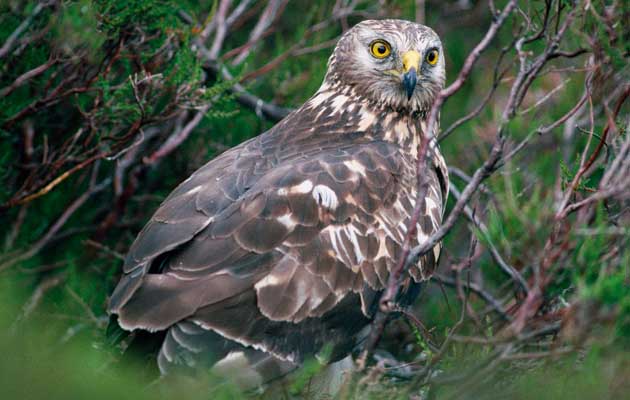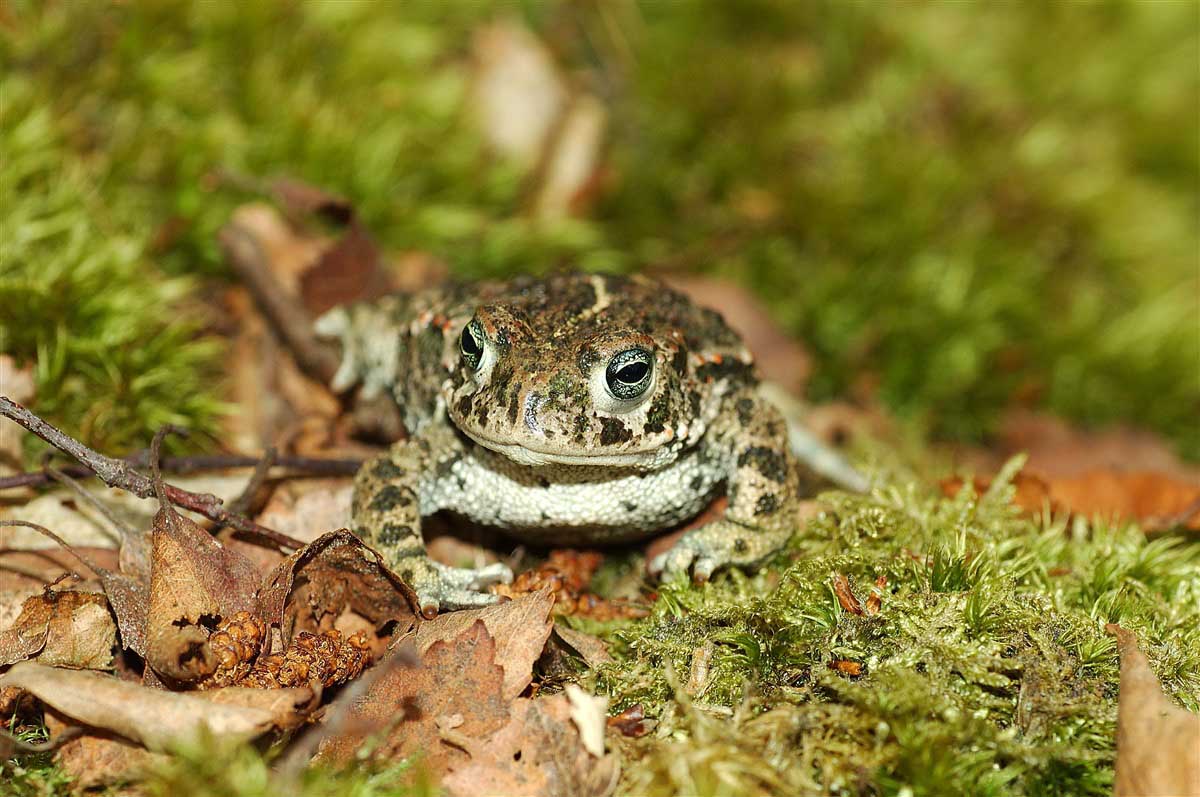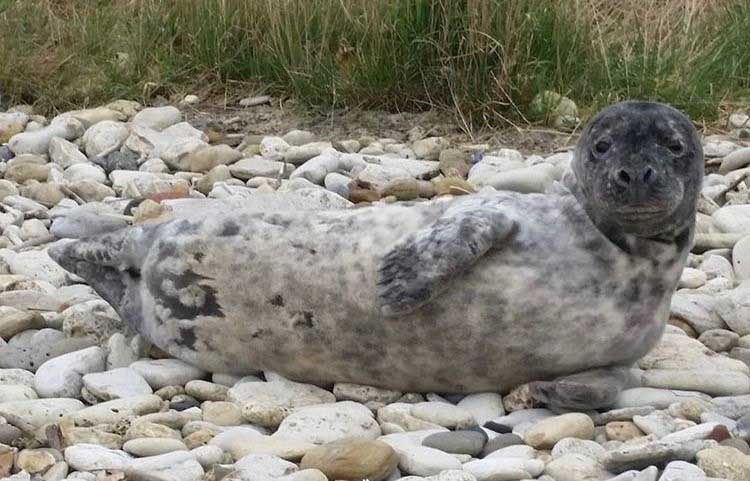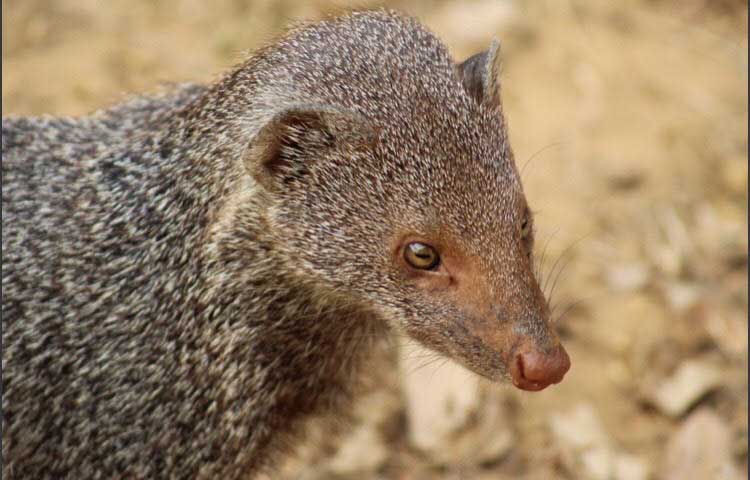
So, you have jumped through all the hoops, passed college, got into university and now you are preparing to study your dream course at your dream university. First off, well done - that’s a lot to achieve! However, you might be wondering what opportunities you can gain from your animal conservation degree (if you haven’t applied to university yet, not to worry, you still need to know!).
UK
UK conservation is a bit of an unsung hero, I think. It isn’t always talked about and often left out of the conversation. When animal conservation comes to mind you often think of the travel aspect and the globe trotters. If you aren’t big on leaving home, don’t worry - there are countless opportunities right here for you.
The UK, along with the amazing scenery, has an incredible amount of wildlife which needs to be protected and conserved including the Red Squirrel, Natterjack Toad and the Hen Harrier. Up and down the country there are lots of different organisations working on UK conservation that you could get involved with from the National Trust to rescue organisations like the RSPCA.
Animal rescue and rehabilitation is a large part of conservation, especially in the UK, and whichever road you go down after you graduate, you will most probably at some point be needed at a rescue or as part of a rehab team, so it is important to have that knowledge and experience behind you. Rescue and rehabilitation programmes are often the easier routes into conservation as organisations will usually take on volunteers or work placement students.

Education
I got my first experience within wildlife rescue when I did my Marine Mammal Medic qualification with the British Divers Marine Life Rescue (BDMLR) and started to work with stranded and injured marine mammals (mostly seals). Having this kind of experience and being involved with animals I wouldn’t normally see has been invaluable as I have gotten older and started my degree.
Rescue work teaches you very quickly how to deal with high-stress situations and organise a team. But the part of this work that was always my favourite is the public relations part of a call out. Nine times out of ten, when I would get a seal call out, I’d end up sitting on the beach at 8 am in the rain and wind, 50 metres from a seal to observe it and essentially make sure nobody prods it! Which may sound terrible, but honestly it isn’t too bad if you wear a warm jacket because usually you get asked questions about the seal by dog walkers or families out for a stroll. Believe me, even in the bad weather you will always find people walking! Then from that conversation, you get the chance to educate someone about the seal and teach them what you know, make a positive impact on their view of UK wildlife.
I think education is a massive part of conservation and it should be something you should aim to get involved in before and during your degree. Education and the opportunity to show other people our world is 100% a driving force for me and is something I would love to do more after I graduate. The natural world is an incredible education tool and being able to open that door to someone and watch them fall in love with the species you are telling them about is an experience I can’t put into words.

Travel
For me, one of the biggest perks of studying animal conservation is the ability to travel. Don’t get me wrong - the conservation opportunities in the UK are amazing and I have loved doing conservation work here, but travelling has always been my dream and I have a very large list of countries I want to visit!
Animal Conservation is a career pathway which allows you to travel and work at the same time. There are millions of conservation projects all over the world desperate for you to knock on their door and offer your knowledge and an extra set of hands! It is also a career that offers an incredible amount of variety - you could be working with orangutans in Borneo one year, then off to Canada to work with orcas the next! There really is no limit to how far and how much you can travel with an animal conservation degree, and with the expertise you gain on this type of degree there is no limit to the number of projects you can be involved in over the course of your life. You just have to think of all the species out there waiting for your help and your knowledge, then boom the travel bug hits and you are away.

Research
Animal conservation research is also a huge field which is often not talked about. The issue sometimes is that we don’t know enough about a species to be able to figure out why they are in decline, (well, apart from the usual anthropogenic impact). Research into species and environments is massively important to ensure that we do not further damage a population or habitat when we try and help.
Research can be just as rewarding as any other conservation job or project, being able to piece together the puzzle about your favourite species or location is a challenge that yields high rewards. Data collection and analysis is also essential when it comes to monitoring populations and creating your plan of action so whether you want to be a full-time research scientist or not, you will need your research skills to do any conservation job. Lucky you, you’ll learn all that as part of your degree!
The world is your oyster
I think the main thing to take from this is that what you do with your degree is up to you. Which path you take or which projects you work with is all your choice and will not be limited by your degree. Your degree in animal conservation will give you all the skills to go out and complete all your conservation goals and dreams and trust me, a conservation degree is the first step to an unbelievable life! What are you waiting for?
Want to find out more?
You are ready to take that next step. Ready to make that life-changing decision and work towards your career goals. By downloading our prospectus you will have the world at your fingertips.
You can browse our 100+ unique course options and have access to finance and support information to get you started. Discover all of the courses available to you from Arts to Zoology – we’re excited to see what you choose.


.jpg)

